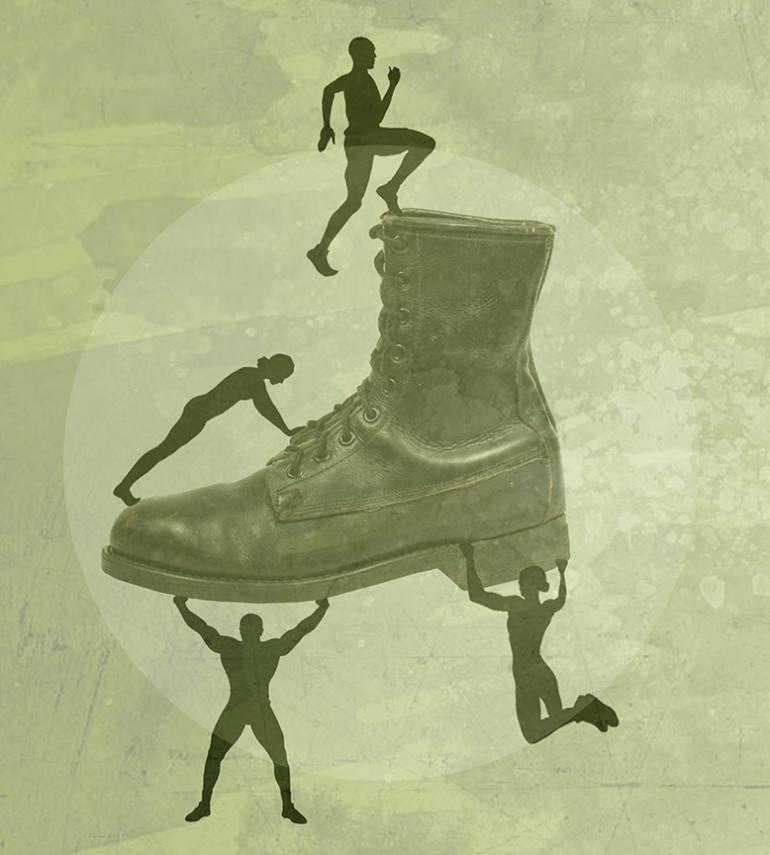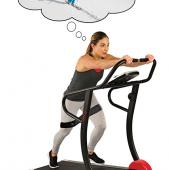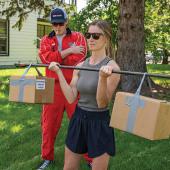Kicked into Shape
Benefits of boot camps.
Boot-camp fitness classes are popping up all over the Gallatin Valley, and for good reason: they’re a great way to accelerate one’s fitness and prepare for an active summer season. They also help break up the monotony of the usual routine, and serve as an ongoing training complement to a person’s regular outdoor activities. Boot camp involves minimal equipment, can be done inside or outside, and employs a group setting for encouragement and accountability. Classes typically meet three or four times per week and consist of bodyweight strength exercises like squats and pushups, running for some endurance training, and stretching and core work. It doesn’t matter if you bike 500 miles a week or hike the M when time permits, boot-camping the right way will enhance your routine. Here’s how.
Situation 1: You’ve done nothing all winter.
Boot camp serves as the perfect preparation to all the hiking, biking, and kayaking your heart desires. A good class will train all of your energy systems, challenge your balance, and prevent injuries. Come to the class as-is and watch how having a general fitness base makes you excel at your specific outdoor endeavors.
Situation 2: You go hard year-round and have the overuse pain to prove it.
In this situation it would be best to utilize boot camp as a corrective exercise class. Most outdoor activities take place in one plane of movement. By using boot camp to move in and strengthen the other two planes of movement, you may see improved performance and injury reduction in your outdoor activities. Just tell the instructor what you do a lot of and have it modified for you. For example, if you run or bike big mileage, doing forward lunges may not make sense, but lateral lunges would strengthen movement patterns you don’t get into on the bike or trail.
Situation 3: You’re not stagnant, but the days of all day, every day are gone (thanks kids).
In this case, use boot camp to get stronger. Being stronger will make you better at almost anything. Most outdoor activities are endurance-based, and endurance practitioners typically don’t incorporate enough strength work into their routines. Most classes will employ a variety of strength exercises; when the class does endurance-type stuff, either rest or do more strength movements. Instructors can help modify workout programming for you by, say, giving hip-bridge exercises instead of a 10-minute running drill.
Sean Beckett is a personal trainer at Ridge Athletics.











